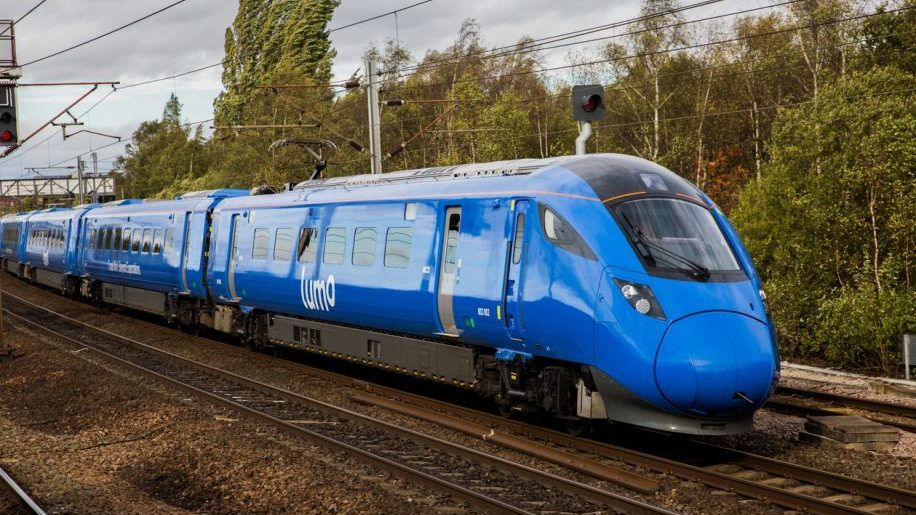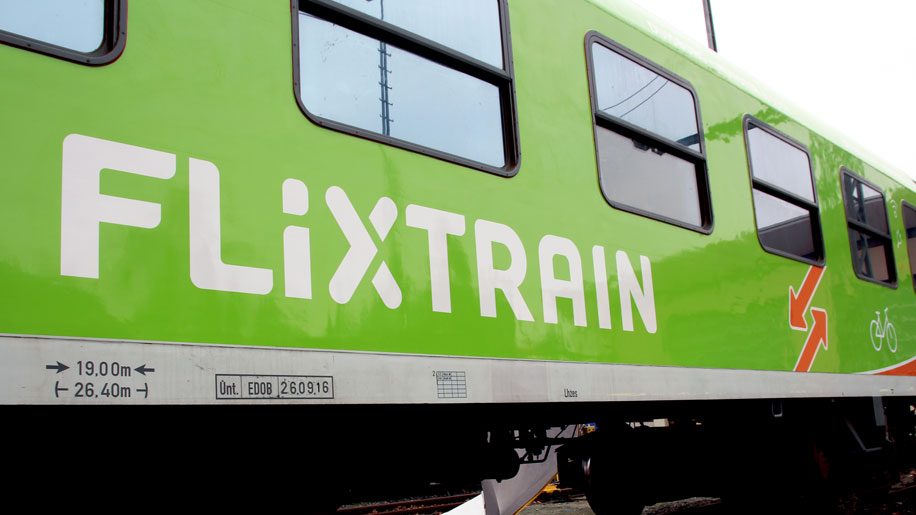
As competition between open access train operators and the incumbents intensifies, which new services will launch this year?
There are two main types of mainline train operators in the UK: train operating companies which have a franchise to operate on certain routes and pay franchise fees to do so and ‘open access’ operators.
In the UK, an open access operator is a privately or state-owned operator competing against a Train Operating Company (TOC). There are certain requirements imposed by the government before an open access operator is allowed to compete with a TOC. It must demonstrate the need for its services, it must not abstract (take) revenue from the incumbent and, lastly, it can expect no government support if things go wrong.
OPEN ACCESS FIRMS IN THE UK
Right now there are three mainline open access firms all linking the regions with London – Grand Central (owned by Arriva UK) operates from West Yorkshire and the Northeast; Hull Trains (owned by First Group) connects its home city to London; Lumo (also owned by First Group) links the capitals of England and Scotland.
You may wonder why Lumo gained access to London-Edinburgh via the East Coast Mainline (ECML). After all, this service, linking the capitals of England and Scotland, must be considered a prime route and one adequately served by incumbent LNER. The reason is because Lumo is providing a new style of rail travel, one akin to the business model of low-cost airlines. In a series of media interviews, Phil Cameron, then Lumo’s commercial projects director, said: “We were given the brief to re-imagine rail… to do it differently to everyone else.”
Helen Wylde, managing director of Lumo, said: “We are adding value to rail and not abstracting from anyone else. We’re bringing people in from air. Lumo is better for the environment.” Wylde has since left the company and Cameron has stepped up as interim managing director.
This subsidiary of First Group was granted ECML access by rail regulator the Office of Rail and Road (ORR) years before the government decided to halve domestic Air Passenger Duty on flights from 2023 – a move welcomed by those who want to encourage domestic travel and ‘level up’, but considered eco-unfriendly since it is designed to encourage air travel.
From the start Lumo proved a hit with travellers and by last November its trains were fully booked for weeks ahead. At the time of writing in December, Lumo was operating two or three trains a day. Service frequency is expected to increase to as many as five daily trains later this year.

CROSS BORDER COMPETITION
Last year was the European Year of Rail, and the EU was encouraging competition between the state-owned incumbents across mainland Europe. The situation differs there in that an open access firm might be a state-owned operator in another country.
Of the major markets, it was Germany that was first to embrace rail competition with Flixtrain. The latter provides an alternative low-cost service by operating slower conventional trains over classic lines. It means that Flixtrain avoids the higher infrastructure fees encountered by Deutsche Bahn’s ICEs running over high-speed lines.
Last year we saw Spain open its borders to foreign open access operators willing to compete against incumbent Renfe on high-speed lines.
First on the scene was SNCF of France which now operates Ouigo TGVs in competition with Renfe between Madrid and Barcelona. Italy’s Trenitalia will follow on the same route soon with its Iryo train.
The most significant open access development has been Trenitalia France. After waiting two years for approval from France’s rail regulator, Trenitalia launched twice-daily Paris-Lyon-Milan services in competition with SNCF.
Even more newsworthy would be Renfe being successful in its efforts to break Eurostar’s long-standing monopoly on services between Paris and London. However Renfe faces an uphill battle with the various official bodies that control this route. Gaining approval will be a lengthy process as Germany’s Deutsche Bahn found to its cost ten years ago with its plans to serve London. After years of trying to conform to the many restrictions by the Channel Tunnel authorities on the licensing of its trainsets, it abandoned the project.











